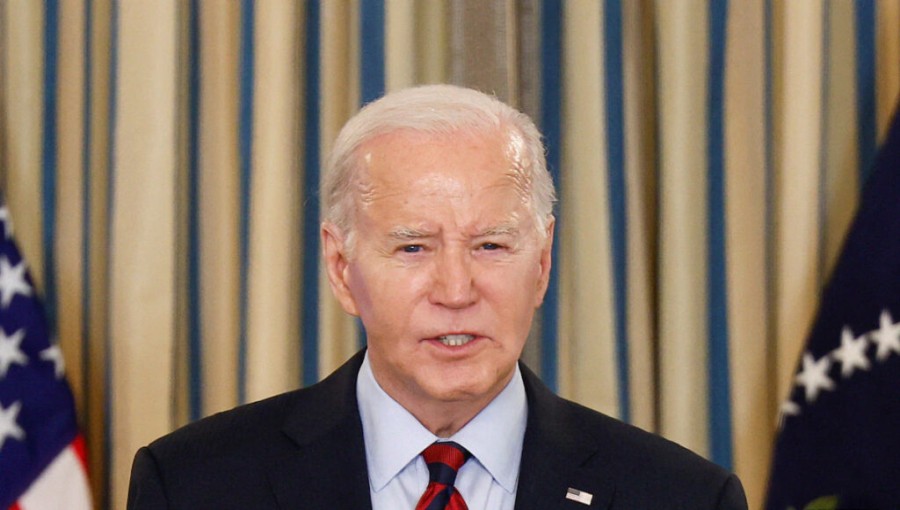In a significant escalation of tensions between Washington and Tel Aviv, US President Joe Biden issued a stern warning last week, threatening to end aid to Israel. Since then, friction has intensified, particularly regarding the ongoing operations in Gaza. Biden, in a recent interview with the media, openly criticized Israeli Prime Minister Benjamin Netanyahu's handling of the situation, calling it deeply flawed.
Expressing his frustration, Biden emphasized the need for an immediate ceasefire in Gaza, denouncing Netanyahu's approach to targeting specific vehicles as inadequate. He urged for a more cautious stance from Israel and demanded an end to the ongoing operations, advocating for a 6- to 8-week ceasefire to facilitate the delivery of emergency aid to Gaza.
Amidst the escalating crisis, British Foreign Minister also discussed the Gaza issue during his visit to the United States, stressing the importance of halting Israeli attacks. US Secretary of State Anthony Blinken highlighted the arrival of 400 aid trucks in Gaza but underscored the need for balanced and proper distribution, which is currently hindered.
UK Foreign Secretary David Cameron reaffirmed their unwavering commitment to human rights in Gaza, emphasizing the paramount importance of addressing humanitarian concerns.
In another development, Israeli opposition leader Yair Lapid's visit to Washington saw a meeting with Senate Majority Leader Chuck Schumer, signaling ongoing diplomatic efforts to address the escalating tensions and seek a resolution to the Gaza conflict.





























Comment: